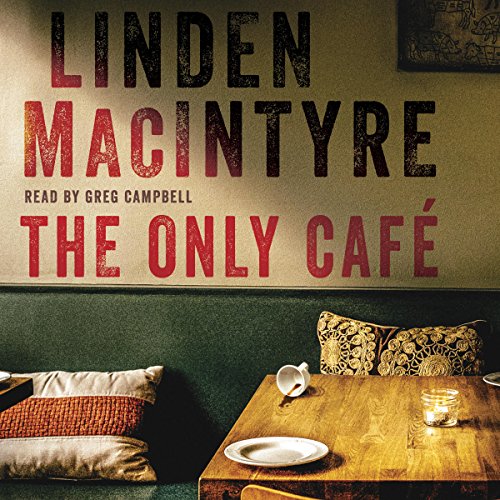What do you think?
Rate this book


Audible Audio
First published August 8, 2017
The Only Café was quiet. He stood at the bar, ordered a beer, watched the door. He wasn't sure what brought him back. Perhaps the wall of memory, 1982, perhaps the suspicion that the fat stranger, Ari, might know something from behind that – so far – impenetrable wall. There was no sign of him.
This is the last time you're going to ask me a question like that. You know exactly what to do. Was that what Brawley said? Or were they words from another time, another place? Or do time and place make any difference to destiny?
The past is never dead as long as there is memory. Memory is the afterlife, both heaven and hell.
In this line of work there's no distinction between what's historical and what's contemporary.
The only way to know what's happening is to be part of it.